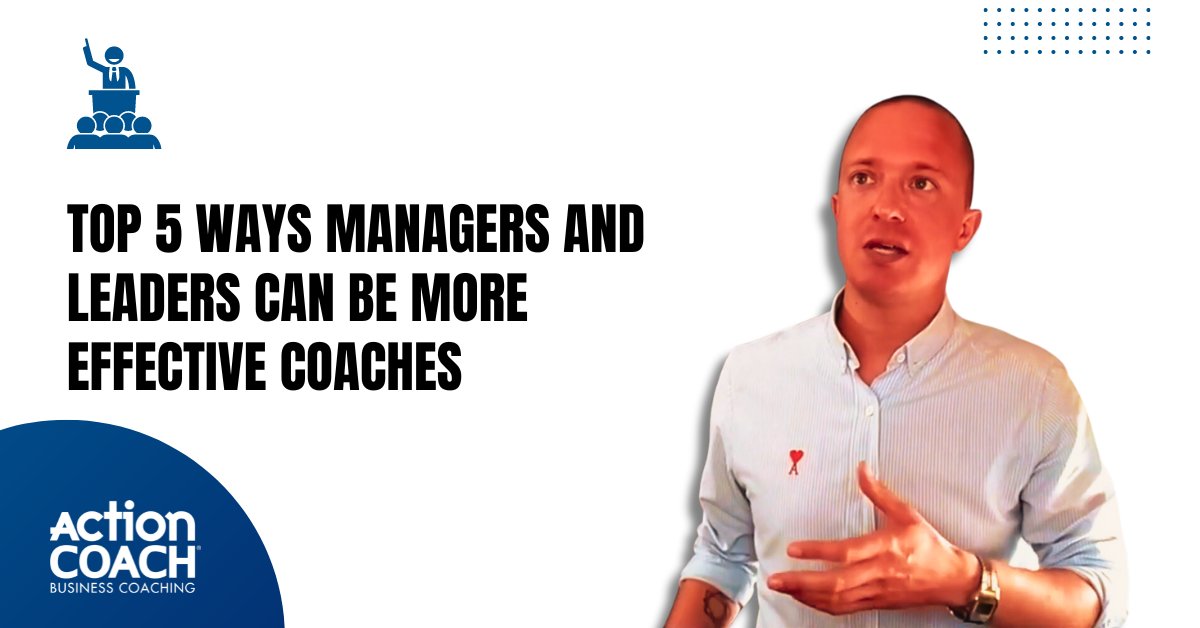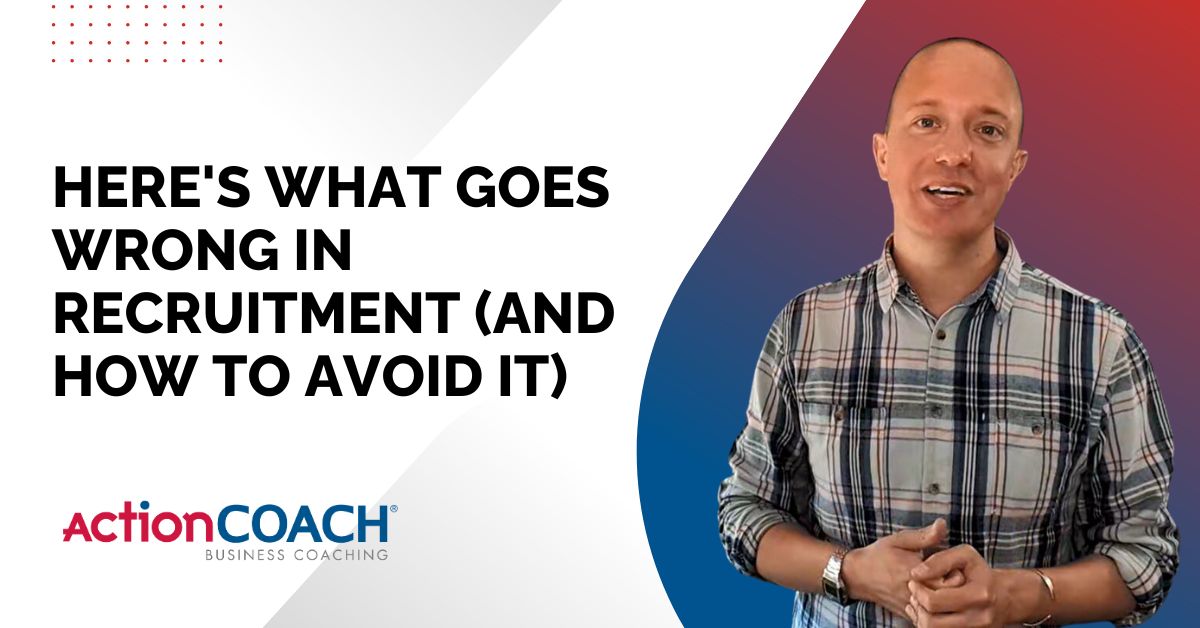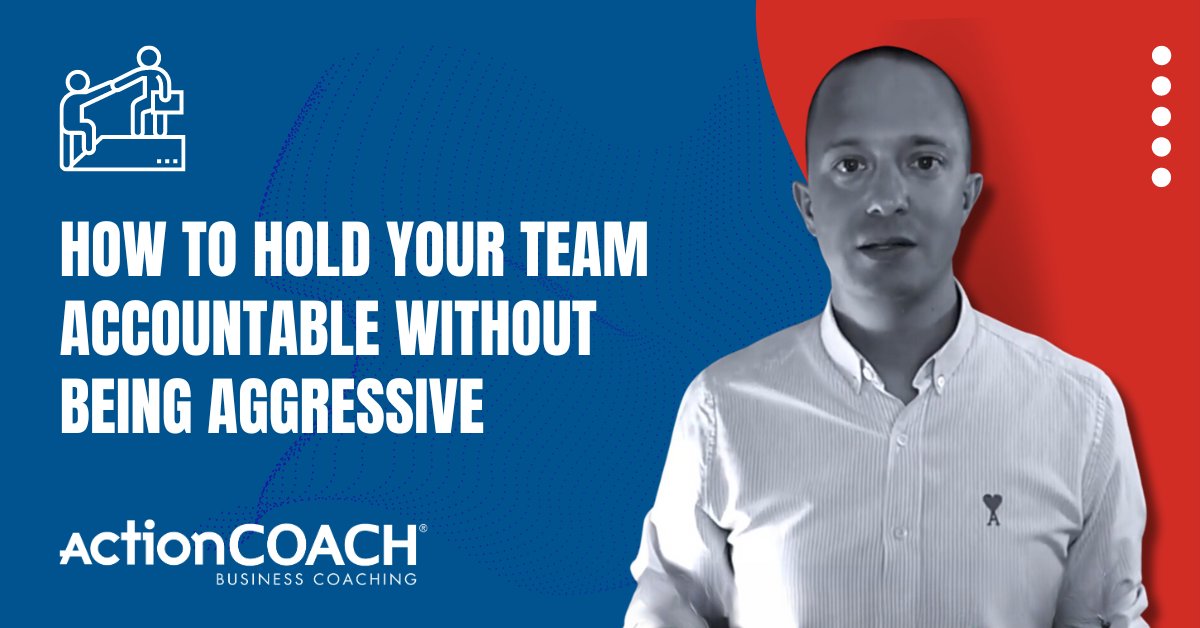Here’s What Goes Wrong in Recruitment (And How to Avoid It)
In a recent UK poll, 94% of HR leaders admitted they don’t trust their managers to hire the right people. That’s staggering and sadly, it reflects what I see daily as a Leadership Coach.
Recruitment is broken in many businesses because two critical mistakes keep repeating. In this post, I’ll break down what those errors are, how to avoid them, and what mindset shifts you need to make to build a high-performing team without compromise.
Video Transcription:
In a recent poll of HR leaders in the UK, 94 % said that they didn’t actually trust that the managers in their businesses were getting recruitment right. And there are two big errors that I see going wrong with recruitment. The first one is hiring when you’re in a rush, hiring when you really needed someone two weeks ago, two months ago, the team is already stretched and whatever so people end up hiring in a hurry.
So conversely, you have to be prepared not to hire anyone. So instead of thinking right, of these 10 candidates, which one am I going to take? The mindset has to be one of all these 10 candidates, which of them, if any, match the criteria that we need for this role so it does take longer, but it’s far better to do that. Far, far better to be overworked for a little bit longer than it is to get the wrong person in the team.
The second mistake I see in in recruitment is hiring for skill over attitude. There’s a saying that you can train for skill, you can train someone how to do stuff, but you can’t really train them on their attitude and their characteristics and their their behaviour.
So the tool here is to define the attitudes that you’re looking for as with as much rigour as you would the skills and to assess for those with as much rigour as you would the skills in an interview process so actually coming up with questions for those attitudes, great way of of phrasing the questions is give me an example of a time when you have dealt with a difficult client give me an example of a time when you’ve had to had multiple priorities at the same time how what happened what did you do next?
And, planning, actually scripting those questions and scripting the follow on questions to really dig on some of those attitudes, not just the skills the whole point of any recruitment process is to get as much of A view of what that person’s going to be like in the real working world, not just what their experience is, what skills they’ve got.
2 Major Hiring Mistakes (and How to Fix Them)
1. Hiring in a Rush
This is one of the most common hiring mistakes in small businesses. You’re under pressure. The team’s stretched, workload is mounting, and you need someone in the role quickly. So you compromise.
The mindset shifts from “Who is the right fit?” to “Who is the best of what we’ve got?”
That’s where problems start. Rushed decisions often lead to mismatches in values, behaviour or capability. The outcome is usually the same. Missed deadlines. Tension in the team. Productivity takes a hit. And a few months later, you’re rehiring and dealing with the fallout.
It’s far better to hold off and stay stretched a little longer than to onboard someone who isn’t a long-term fit. The time, cost and stress of rehiring are always greater than the discomfort of waiting.
What to do instead: Build hiring into your strategic planning. Don’t wait for a crisis. Define the role clearly, know what great looks like, and build a pipeline of future candidates. That way, you hire when the time is right, not just when things break.
2. Hiring for Skill Instead of Attitude
This is the mistake that catches a lot of business owners off guard. You hire someone because they’ve done the job before. Their CV looks impressive, they say the right things in the interview, and technically, they tick every box.
But three months in, something’s not quite right.
They don’t take initiative. They don’t handle pressure well. They clash with others or avoid accountability. And suddenly, you realise the problem was never their experience. It was how they show up.
You can train someone to use a new system. You can’t easily train someone to take ownership, stay calm under pressure, or receive feedback without becoming defensive. These are behavioural traits, and they matter more than qualifications or past job titles.
What to do instead: Start by defining what the right attitude looks like for the role. That might include ownership, resilience, a willingness to learn, or emotional maturity. Be specific.
Then build your interview around these traits. Use behavioural questions that uncover how they’ve handled real situations, like:
- “Tell me about a time when you had to juggle multiple priorities. What happened, and what did you do next?”
- “Give me an example of a time you had to deal with a difficult client. How did you handle it, and what was the result?”
Listen closely. Push for details. Ask follow-up questions. The goal is to get a sense of how they think and operate in the real world, not just what they claim they’ve done.
If you only assess skills, you risk hiring someone who can do the job, but who doesn’t want to do it the way your business needs it done.
That gap is what leads to disengagement, poor performance, or even early exits.
Final Thoughts
Hiring is never easy, but it’s worth doing right. Avoid rushing the process and resist the urge to prioritise skills over the values and attitudes that shape long-term success. When you get it right, you’re not just filling a role, you’re building a resilient, engaged team that can drive your business forward.
If you’re facing a recruitment challenge or want help designing an interview process that finds the right people faster, let’s talk. Book a free 45-minute coaching call to get clarity on your next hire and walk away with actionable advice you can use immediately.



